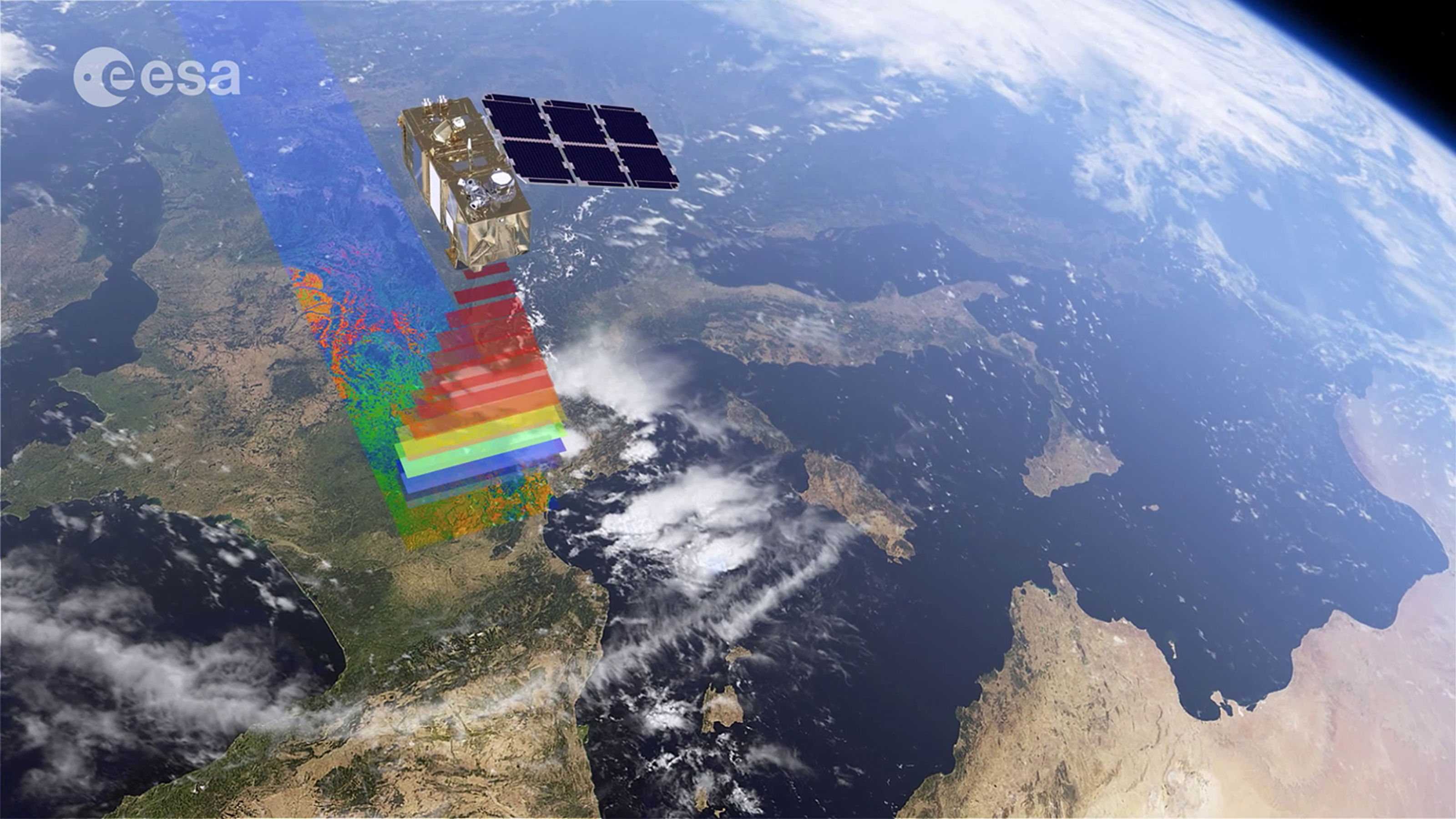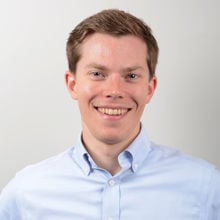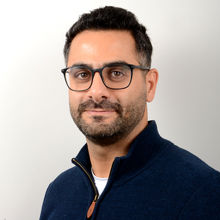Will increase access to critical and strategic minerals and metals in Europe
MINEYE is a newly awarded research and innovation project to strengthen EU autonomy in primary and secondary raw materials, while also reducing the environmental impacts of mining. The project is an Innovation Action granted under Horizon Europe, the EU's key funding program for research and innovation, and has received 5.8 Million Euros in funding.

A consortium of 13 partners from nine European countries will bring this project forward. NGI – Norwegian Geotechnical Institute is the coordinating institution of the consortium, which consists of technology providers, mining operators, and Europe's top-level mining industry-focused universities, with proven track records of implementing digital and autonomous solutions in the mining and geo- and environmental-engineering sectors.
The MINEYE project’s overall ambition is to increase access to critical and strategic minerals and metals in Europe with full consideration of environmental and social aspects, by providing the mining industry with proven and validated solutions for the uptake of Earth Observation data and technology. The challenge of reducing the environmental impacts of mining will be achieved by developing these Earth Observation methods for the entire mining value chain.
MINEYE aims to develop innovative and competitive technologies for the mineral exploration, operational, closure, and post-closure stages. The technologies will be demonstrated at pilot sites in Europe, in a variety of mining contexts, from greenfield to brownfield, to secondary deposits, and at different phases of the mining life cycle. The MINEYE pilot sites include:
- Iberian Pyrite Belt, Spain
- Norrbotten ore province, Sweden
- Mines in Italy and Albania
The project started in 2024 and is scheduled for completion by 2028. Dr. Sean Salazar from NGI is the Project Coordinator and Dr. Saman Tavakoli from NGI is the project’s Technical Coordinator.
Background
Europe’s industrial competitiveness strongly depends on strategic and critical raw materials that play key roles in the green and digital transformation. However, Europe has limited known domestic resources, and the depletion of easy-to-access raw materials makes it dependent on countries outside of Europe, challenging the security of supply, especially in times of economic uncertainty and geopolitical turmoil. The competitiveness of the European mining industry is also being challenged by increasing production costs and the increasing stringency of environmental rules.
Mineral exploration activities are associated with high uncertainties, high impacts, and high investments. Thus, valuable mineral potentials are underexploited for economic, social, or environmental reasons. The key to overcoming these challenges and allowing Europe’s raw material value chain to be competitive, more autonomous, and resilient, is to develop ways to make it more sustainable, from a financial, but also environmental and social standpoint.
List of Partners
- NGI - Norwegian Geotechnical Institute (Norway)
- Luleå University of Technology (Sweden)
- University of Bologna (Italy)
- Terranigma Solutions (Germany)
- ETAM Consulting (Greece)
- Czech Geological Survey (Czech Republic)
- InnSight (Italy)
- SPACEBEL (Belgium)
- Tharsis Mining (Spain)
- TRE ALTAMIRA (Italy)
- Planet Labs (Germany)
- SPECTRAL Industries (The Netherlands)
- SO.RI.CO.M. (Italy)

Funded by the European Union. Views and opinions expressed are however those of the author(s) only and do not necessarily reflect those of the European Union or HaDEA. Neither the European Union nor HaDEA can be held responsible for them.

